
Kpalimé: The Scenic Heart of Togo
Nestled in the lush hills of southwestern Togo, Kpalimé is a picturesque town renowned for its natural beauty and vibrant culture. The town is surrounded by verdant forests, cascading waterfalls, and the majestic Mount Agou, the highest point in Togo. This makes Kpalimé a paradise for nature lovers and adventure enthusiasts alike. Kpalimé is also a hub for arts and crafts, with numerous local artisans creating beautiful wood carvings, pottery, and textiles. The town's bustling markets are a must-visit, offering a glimpse into the daily life of the locals and a chance to purchase unique souvenirs. The German-built colonial architecture adds a historical charm to the town, providing a striking contrast to the surrounding natural scenery. For those looking to explore beyond the town, the surrounding area is dotted with quaint villages, each with its own unique traditions and customs. Guided tours can take you to coffee and cocoa plantations, where you can learn about the local agriculture and enjoy fresh, locally produced goods. Whether you're hiking through the forests, exploring the markets, or simply soaking in the serene atmosphere, Kpalimé offers a rich and rewarding experience for every traveler.
Local tips in Kpalimé
- Visit the Mount Agou for breathtaking views and an adventurous hike.
- Explore the local markets early in the morning for the best selection of crafts and produce.
- Hire a local guide to discover hidden waterfalls and learn about the region's flora and fauna.
- Take time to visit the local artisans and understand the traditional crafts of the region.
- Stay hydrated and wear comfortable shoes, as much of the sightseeing involves walking and hiking.
Kpalimé: The Scenic Heart of Togo
Nestled in the lush hills of southwestern Togo, Kpalimé is a picturesque town renowned for its natural beauty and vibrant culture. The town is surrounded by verdant forests, cascading waterfalls, and the majestic Mount Agou, the highest point in Togo. This makes Kpalimé a paradise for nature lovers and adventure enthusiasts alike. Kpalimé is also a hub for arts and crafts, with numerous local artisans creating beautiful wood carvings, pottery, and textiles. The town's bustling markets are a must-visit, offering a glimpse into the daily life of the locals and a chance to purchase unique souvenirs. The German-built colonial architecture adds a historical charm to the town, providing a striking contrast to the surrounding natural scenery. For those looking to explore beyond the town, the surrounding area is dotted with quaint villages, each with its own unique traditions and customs. Guided tours can take you to coffee and cocoa plantations, where you can learn about the local agriculture and enjoy fresh, locally produced goods. Whether you're hiking through the forests, exploring the markets, or simply soaking in the serene atmosphere, Kpalimé offers a rich and rewarding experience for every traveler.
When is the best time to go to Kpalimé?
Iconic landmarks you can’t miss
Cascade de Kpimé
Discover the breathtaking beauty of Cascade de Kpimé, a stunning waterfall in Togo surrounded by lush landscapes and a vibrant ecosystem perfect for nature lovers.
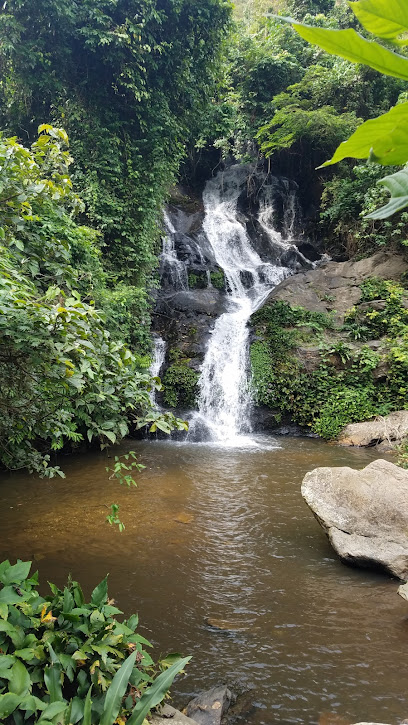
Chateau Viale
Explore the cultural richness of Agomé Yo at Chateau Viale, a museum showcasing historical artifacts and local artistry in a captivating setting.
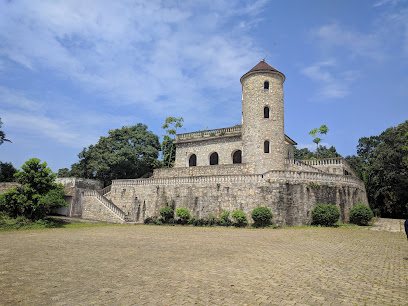
Forêt de Missahohoe
Explore the breathtaking Forêt de Missahohoe, a hidden gem near Kpalimé, Togo, known for its stunning landscapes and serene hiking trails in nature.
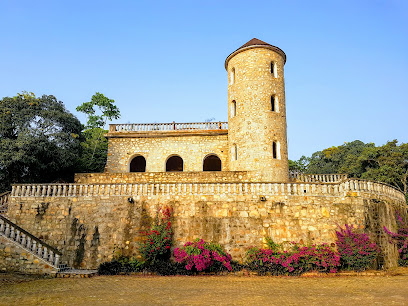
Hôtel Le Geyser
Experience the serene beauty of Kpalimé at Hôtel Le Geyser, your ideal retreat for relaxation and adventure in Togo's enchanting landscapes.
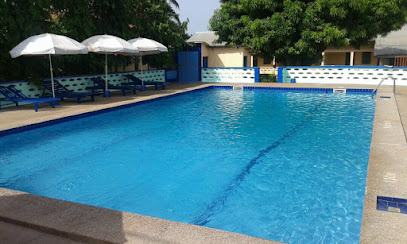
Centre Artisanal de Kpalimé
Explore the vibrant Centre Artisanal de Kpalimé, where the rich traditions of Togolese craftsmanship come to life through exquisite handicrafts and unique textiles.
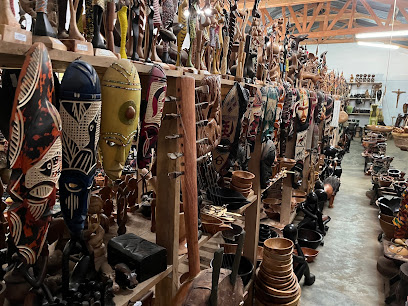
Cascade de Womé
Explore the stunning Cascade de Womé, a breathtaking waterfall in Togo's lush landscapes, perfect for nature lovers and adventure seekers.
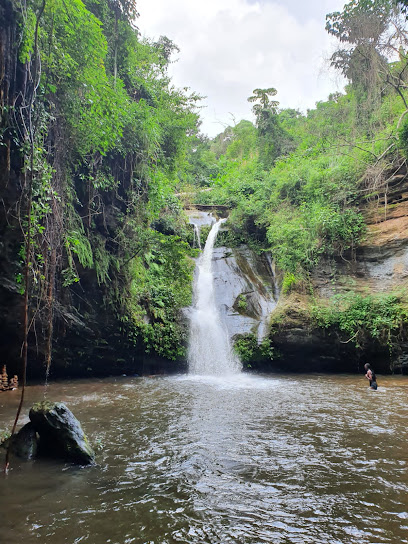
Monument au mort Kpalimé
Discover the touching history and vibrant culture at the Monument au Mort Kpalimé, a significant tourist attraction in Togo.
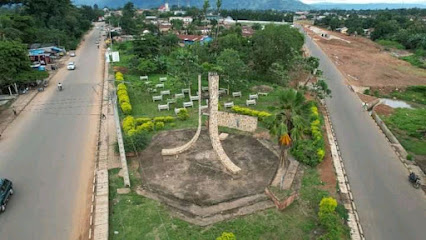
Kouma konda
Explore the breathtaking heights of Kouma Konda in Kpalime, Togo, where stunning vistas and vibrant nature await your discovery.
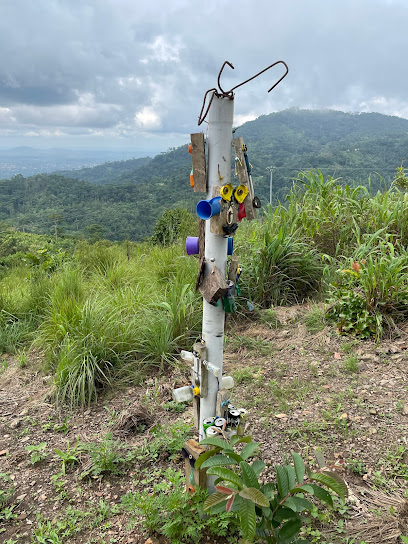
Mosquée de kpalimé
Explore the tranquil Mosquée de Kpalimé, a serene mosque reflecting the rich cultural heritage of Togo in the heart of Kpalimé.
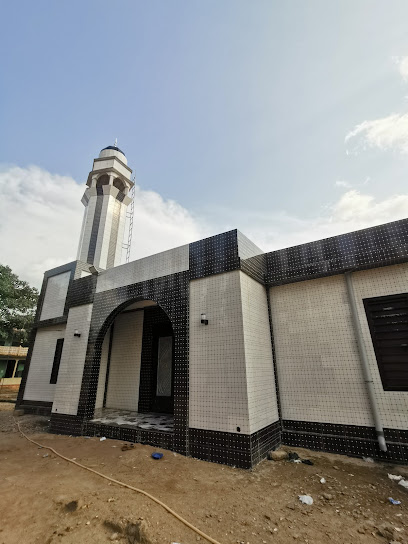
Aklala Batik du Togo
Explore the vibrant artistry of Aklala Batik du Togo in Kpalime, where culture meets craftsmanship through stunning handmade textiles and gifts.
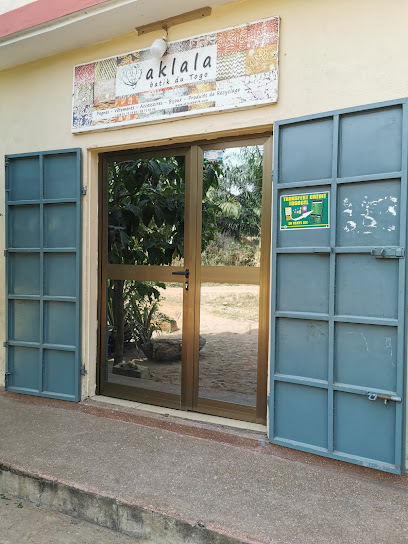
Lomɛ Me
Explore the breathtaking beauty of Lomé Me, a tranquil nature preserve in Kpalime, Togo, perfect for nature lovers and adventure seekers.
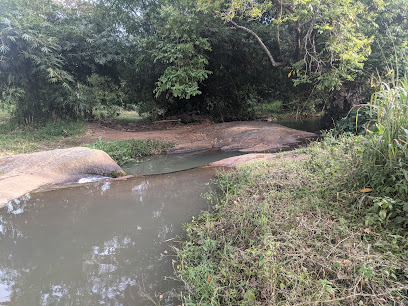
Kpalimé kpogandji
Explore Kpalimé Kpogandji, a historical landmark in Togo that captures the essence of the region's rich heritage and stunning natural beauty.

SEA ZONE
Experience the tranquility and cultural richness of SEA ZONE in Kpalimé, a must-visit tourist attraction in Togo.
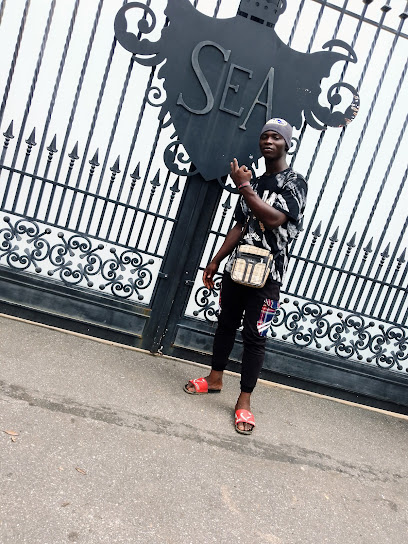
Kpegolonu kpalimé
Explore the stunning hiking trails of Kpegolonu Kpalimé, where lush greenery and breathtaking views await every adventurer.

Kpalimé-Briques
Explore Kpalimé-Briques for an authentic glimpse into Togo's rich craftsmanship and vibrant artisanal culture, nestled in the scenic town of Kpalimé.
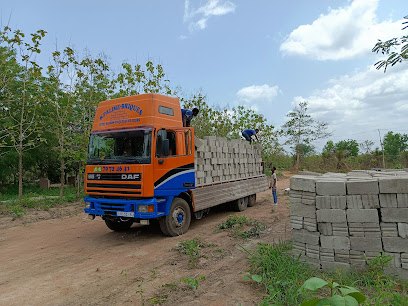
Unmissable attractions to see
Tafi Atome Monkey Sanctuary And Cultural Village
Discover the enchanting Tafi Atome Monkey Sanctuary, where playful monkeys and rich Ghanaian culture come together in a captivating natural setting.
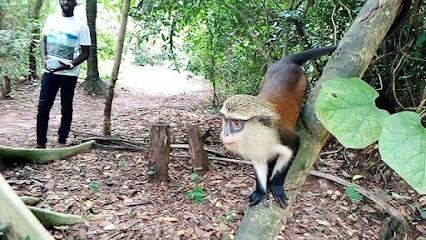
Cascade de Kpimé
Explore the breathtaking Cascade de Kpimé, a natural wonder in Togo surrounded by lush greenery and vibrant wildlife.
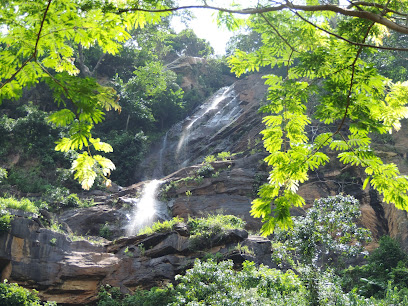
Chateau Viale
Explore the cultural riches of Togo at Chateau Viale, a stunning museum in Agomé Yo showcasing the nation's historical heritage.
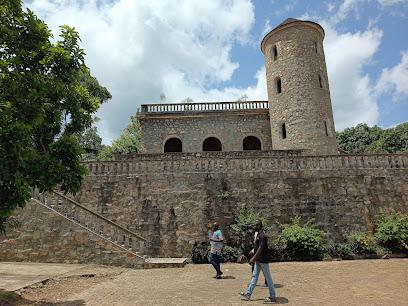
Mount Afadja
Explore the breathtaking heights of Mount Afadja, Ghana's highest peak, where adventure meets stunning natural beauty and rich cultural heritage.
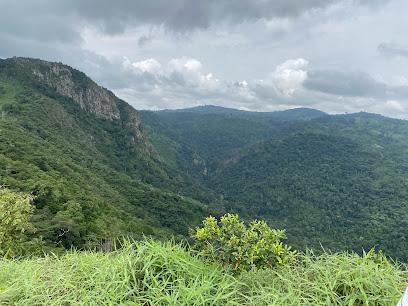
Chateau Viale
Explore the exquisite charm and rich heritage of Chateau Viale, the premier tourist attraction and museum in Agomé Yo, Togo.
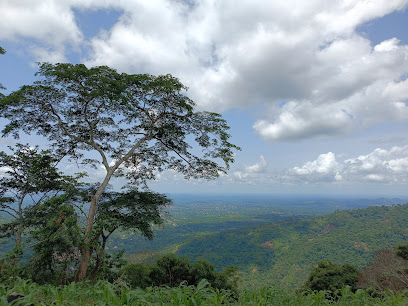
Marché Château
Explore the vibrant atmosphere of Marché Château in Kpalimé and immerse yourself in the local culture while shopping and dining.
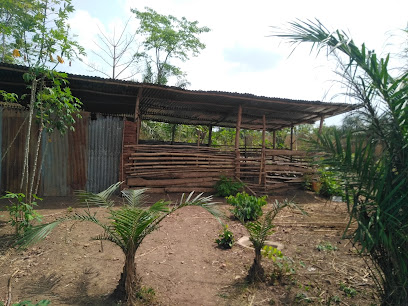
Forêt de Missahohoe
Explore the lush landscapes and tranquil beauty of Forêt de Missahohoe, a serene park in Kpalime, Togo, perfect for nature lovers and adventurers alike.
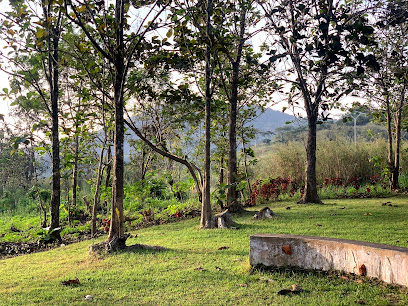
Centre Artisanal de Kpalimé
Immerse yourself in the rich craftsmanship of Togo at the Centre Artisanal de Kpalimé, where local artisans showcase their incredible talents.
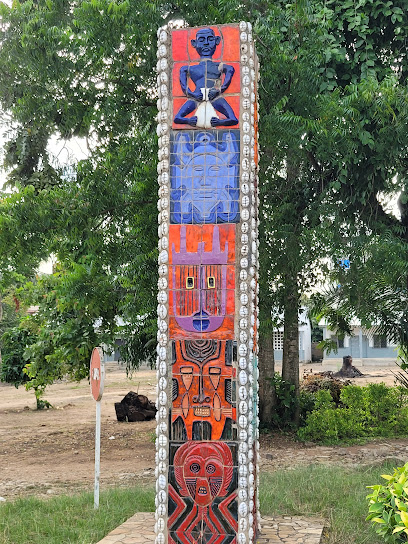
Monument au mort Kpalimé
Discover the Monument au Mort in Kpalimé, a poignant tribute to bravery, surrounded by lush landscapes and rich history.
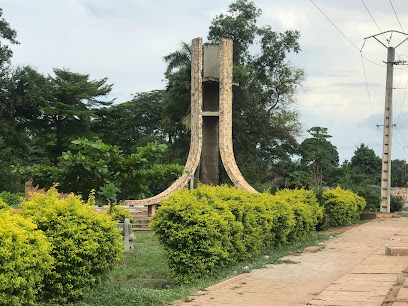
Mount Agou
Explore the breathtaking heights of Mount Agou, Togo's tallest peak, where adventure and natural beauty converge in a stunning landscape.
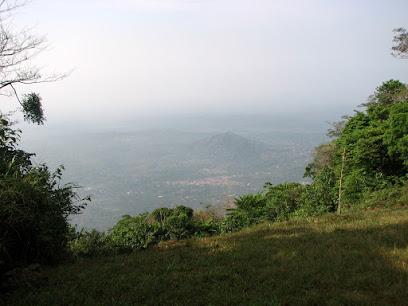
visit Wli Waterfalls
Discover the breathtaking beauty of Wli Waterfalls in Hohoe, Ghana - a majestic cascade set amidst lush tropical landscapes and rich cultural experiences.
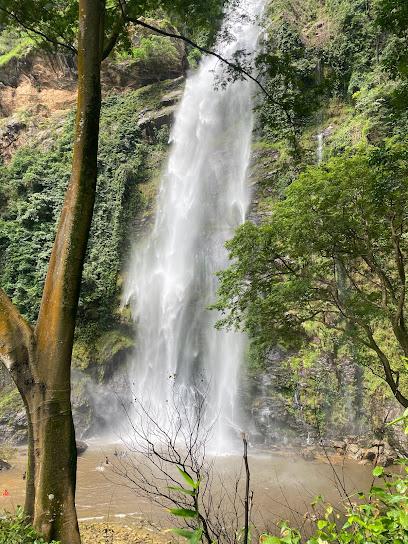
Mt. Gemi
Discover the breathtaking beauty and adventure of Mt. Gemi, Ghana's highest peak, where nature and culture intertwine for an unforgettable experience.
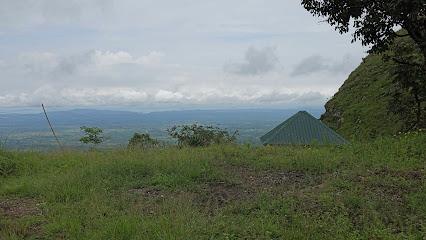
Lomɛ Me
Discover the tranquility and natural beauty of Lomé Me, a serene nature preserve in Kpalime, Togo, perfect for hiking and wildlife observation.
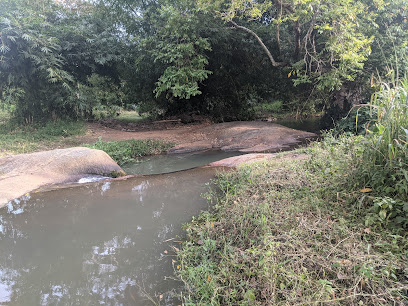
SEA ZONE
Explore the tranquil beauty of Sea Zone in Kpalimé, a must-visit tourist attraction for nature lovers and cultural enthusiasts alike.
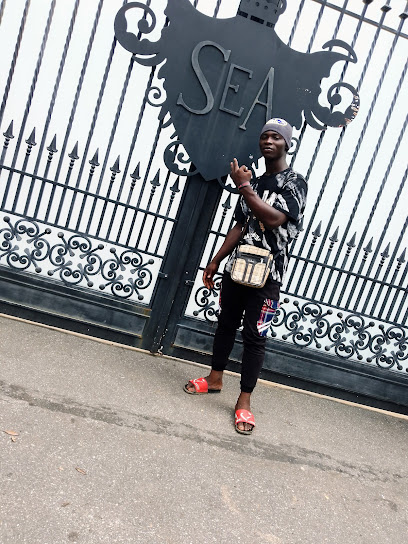
Essential places to dine
Restaurant MACUMBA
Discover authentic Togolese flavors at Restaurant MACUMBA in Kpalime – where every meal tells a story.
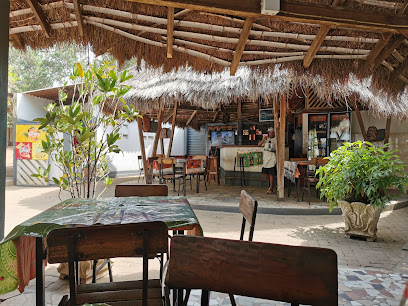
Hotel Parc Residence
Discover comfort and culinary delights at Hotel Parc Residence in Missahohe, where relaxation meets local charm amidst beautiful surroundings.
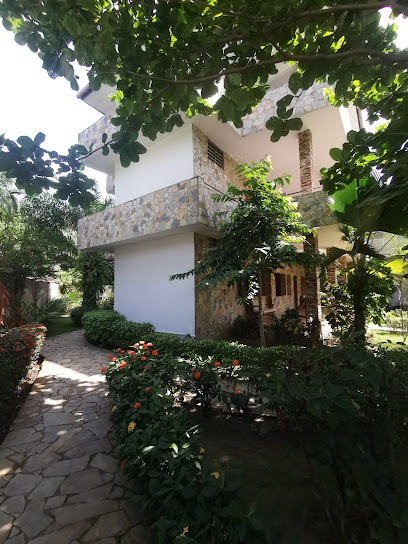
Resto - Bar - Cremerie au fermier
Discover authentic Togolese flavors at Resto - Bar - Cremerie au fermier in Kpalime – where every meal tells a story.
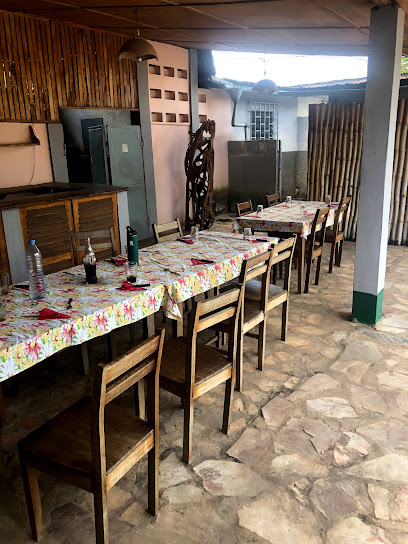
Le Gourmet
Discover authentic Togolese cuisine at Le Gourmet in Kpalime—where every meal is a celebration of local flavors.
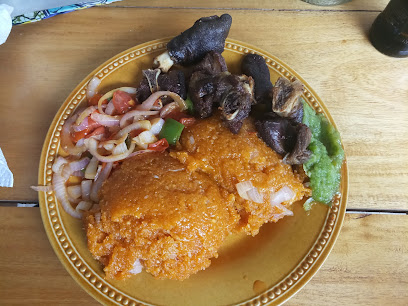
RECA Resto
Discover authentic Togolese cuisine at RECA Resto in Kpalimé - where every dish tells a story.
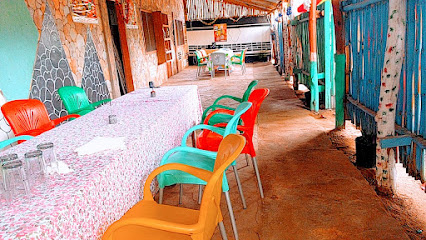
LES DÉLICES D'AGNIGBAN
Experience the authentic taste of Togo at Les Délices d'Agnigban – where traditional African cuisine meets delightful handmade chocolates.
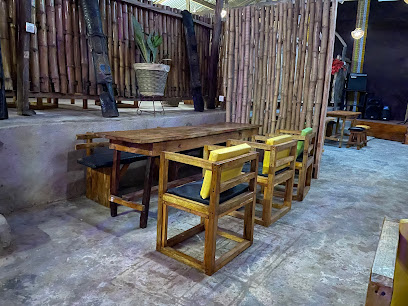
Bar la récréation
Experience authentic Togolese cuisine at Bar la récréation in Kpalime - a delightful dining destination blending local flavors and warm hospitality.
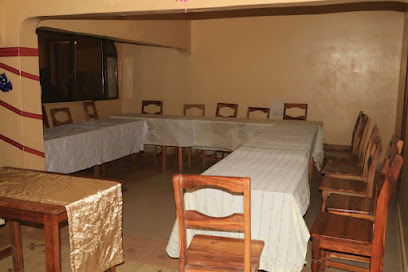
Agloza Lapino
Experience authentic African cuisine at Agloza Lapino in Kpalime - where local flavors meet warm hospitality.
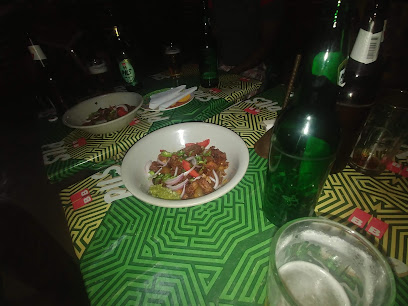
Bar Restaurant Le Plaisir, Non Loin De L'auberge La Grace
Experience authentic Togolese cuisine at Bar Restaurant Le Plaisir – where vibrant flavors meet warm hospitality in Kpalimé.
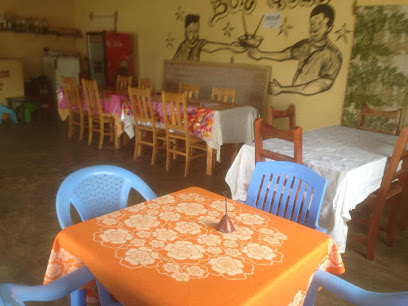
Chic de Kloto
Experience authentic Togolese flavors at Chic de Kloto, where vibrant cuisine meets warm hospitality in Kpalimé.
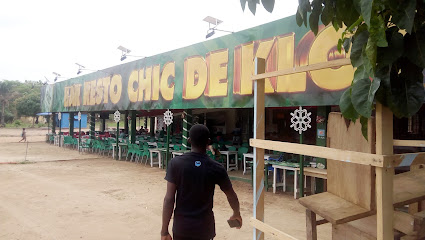
Al Moussane
Discover authentic Togolese cuisine at Al Moussane in Kpalimé – where local flavors meet warm hospitality.
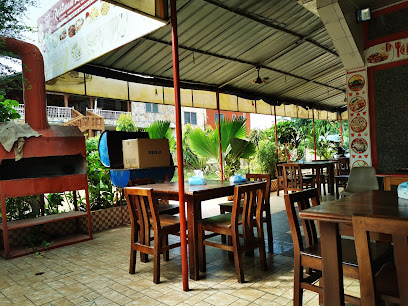
Maquis Akwaba Bar - Restaurant
Experience authentic Togolese cuisine at Maquis Akwaba Bar - Restaurant in Kpalimé, where every dish tells a story.
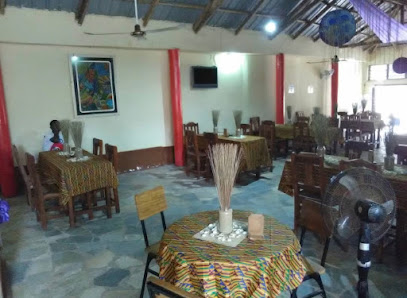
Hôtel Amareve
Experience authentic Togolese cuisine at Hôtel Amareve in Kpalime – where every dish tells a story.
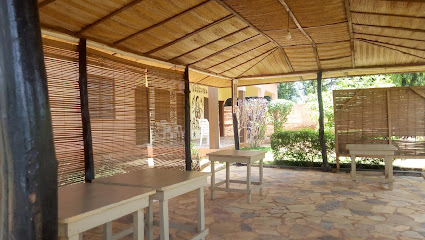
Restaurant Glory Chez Deborah
Experience authentic Togolese cuisine at Restaurant Glory Chez Deborah in Kpalimé – where every meal is a celebration of flavor and culture.
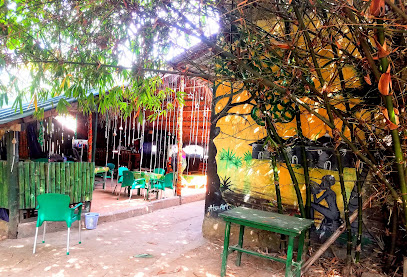
Super Degue
Experience authentic Togolese cuisine at Super Degue in Kpalime—where every dish tells a story.
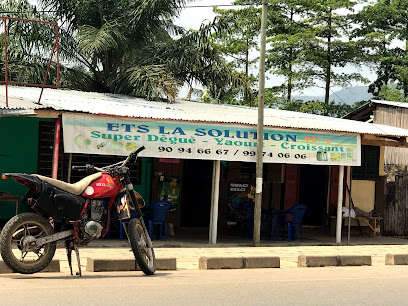
Markets, malls and hidden boutiques
Aklala Batik du Togo
Discover the essence of Togolese culture at Aklala Batik du Togo, where each handcrafted piece tells a story of tradition and artistry.
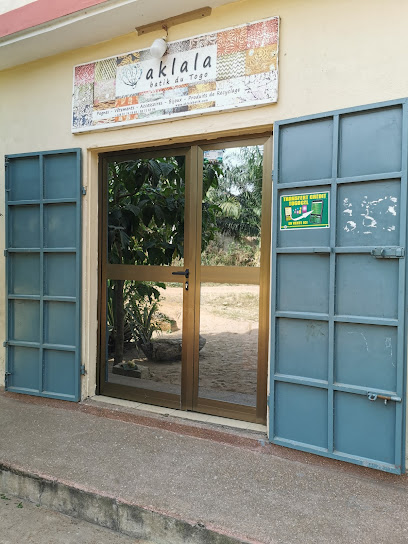
Numetsukondji
Explore Numetsukondji in Kpalime for colorful posters and local art that beautifully showcase Togolese culture and creativity.

Boutique Bio Santa Augustina
Explore local flavors at Boutique Bio Santa Augustina in Kpalime - a grocery store dedicated to organic and sustainable products.

Ali abdoi
Experience the vibrant local culture and shopping delights at Ali Abdoi, Kpalimé's premier shopping mall featuring unique crafts and delicious cuisine.
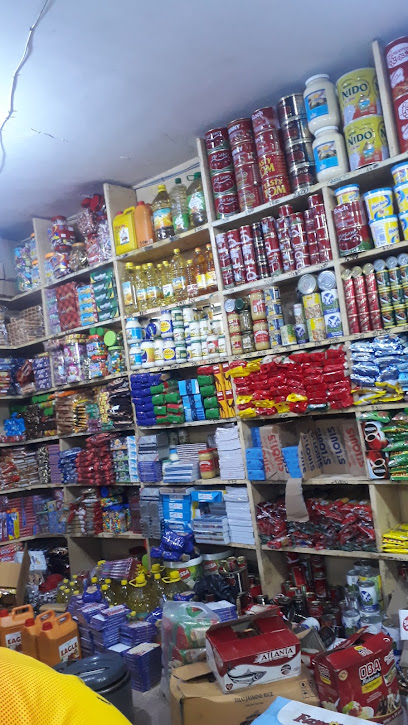
Village of Light Boutique
Discover the essence of Togo at Village of Light Boutique - your go-to place for authentic African crafts and souvenirs.
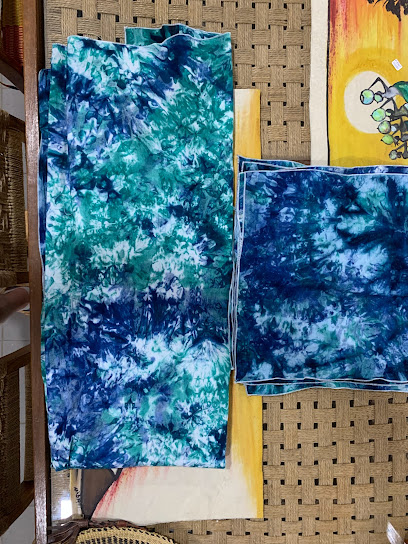
MULTI-TECH TOGO
Stay connected while discovering Togo at MULTI-TECH TOGO, Kpalime's premier internet shop for tech and digital services.
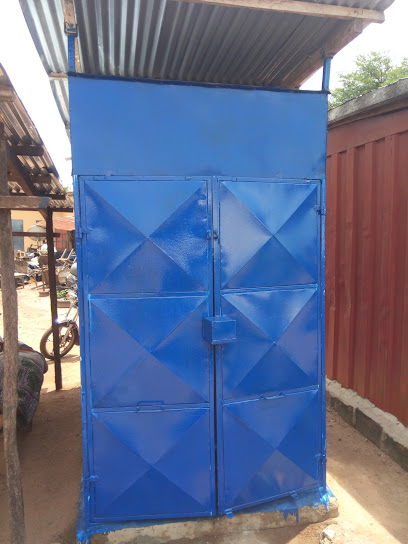
MULTI TECH TOGO
Stay connected and discover the vibrant culture of Kpalime at MULTI TECH TOGO, your go-to internet shop while exploring Togo.
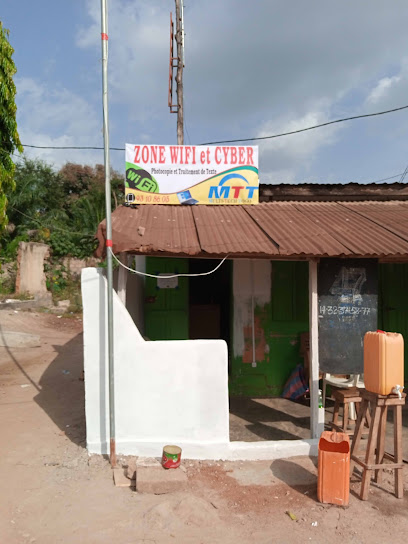
Ets Visir
Discover unique Togolese craftsmanship at Ets Visir, the ideal home goods store in Kpalime for authentic local treasures.

Magasin Gebana Kpalimé
Discover the heart of Togolese culture at Magasin Gebana Kpalimé, a vibrant store featuring handcrafted goods and local delicacies in Kpalimé.

DesignArt Fashion
Discover the essence of Togolese fashion at DesignArt Fashion, Kpalimé's top destination for unique, locally-crafted accessories.
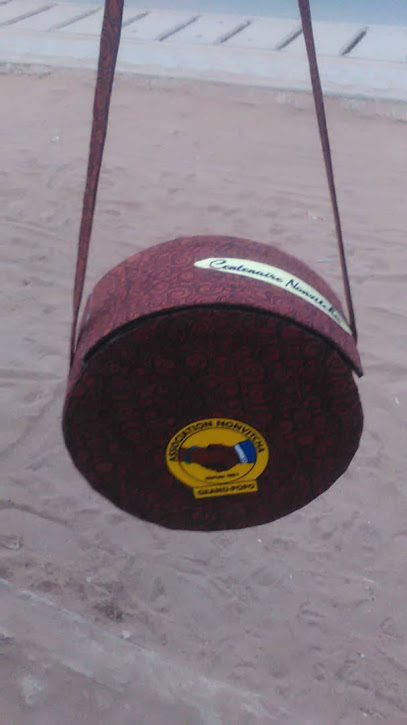
FAFA SHOP
Discover unique fashion accessories at FAFA SHOP in Kpalime, where local artistry meets stylish elegance for every traveler.

Tapisserie Lologno
Explore Tapisserie Lologno, a vibrant grocery store in Kpalime, showcasing local products and the rich culture of Togo.

FCKO SHOP
Discover unique Togolese fashion at FCKO SHOP in Kpalime, where tradition meets modern style in a vibrant clothing store.

Ets Akwaaba
Discover the vibrant shopping experience at Ets Akwaaba, where local craftsmanship meets contemporary style in Kpalimé.
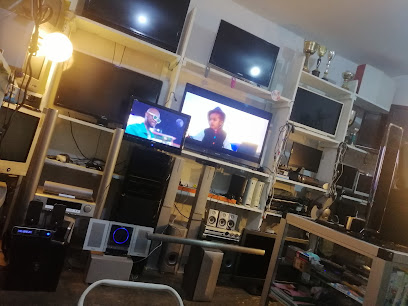
EMB+
Explore EMB+ Shopping Mall in Kpalime - a lively shopping destination offering local crafts, delicious cuisine, and a taste of Togolese culture.

Essential bars & hidden hideouts
Cafetariat De Bel Air, Gbadjadji, Kpalimé, Togo
Discover the lively atmosphere and local flavors at Cafetariat De Bel Air, a must-visit bar in Kpalimé, Togo.
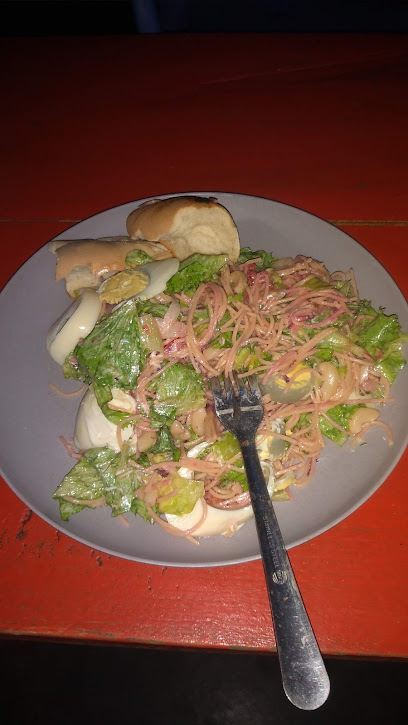
Resto - Bar - Cremerie au fermier
Experience the rich flavors of Togolese cuisine at Resto - Bar - Cremerie au fermier in Kpalime, where every meal is a celebration of local culture.
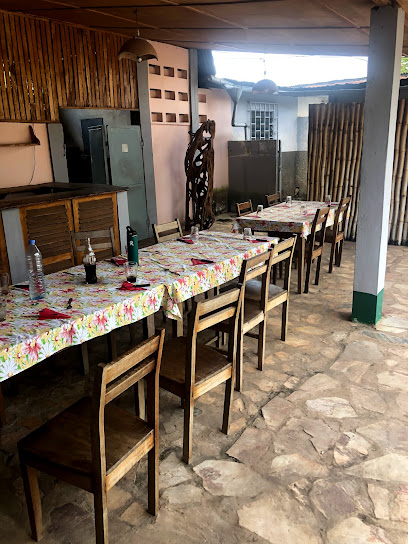
Happy Life
Experience the vibrant nightlife of Kpalime at Happy Life, your go-to bar for refreshing drinks and friendly vibes in Togo.
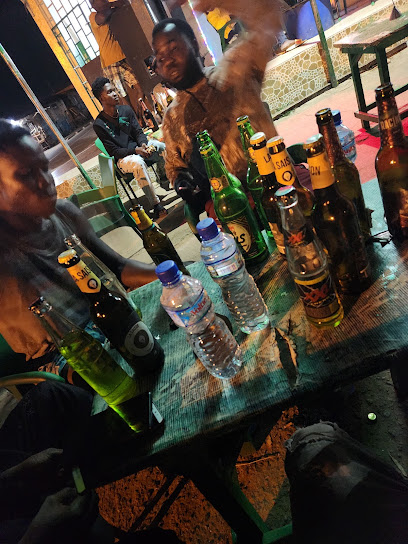
Le Gourmet
Discover the authentic flavors of Kpalime at Le Gourmet, where local cuisine meets warm hospitality in an inviting setting.
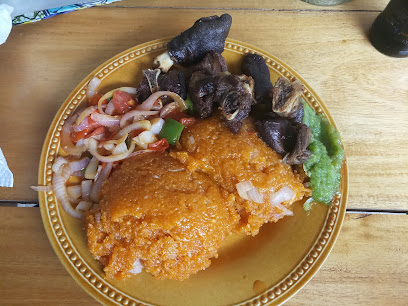
LES DÉLICES D'AGNIGBAN
Discover authentic African cuisine and delightful chocolate treats at LES DÉLICES D'AGNIGBAN in Kpalimé, a must-visit for food enthusiasts.
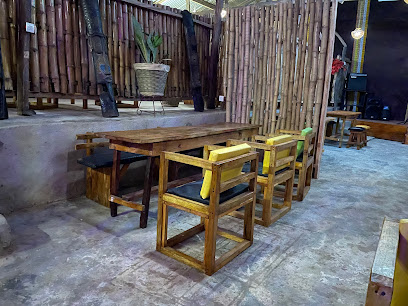
Bar la récréation
Experience the vibrant flavors of Togolese cuisine at Bar la Récréation, a must-visit restaurant in the heart of Kpalimé.
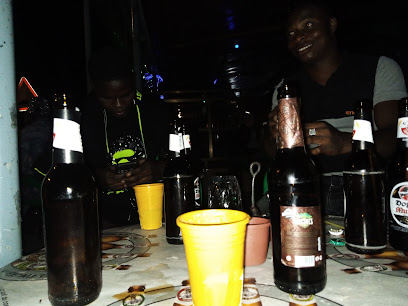
Bar Restaurant Le Plaisir, Non Loin De L'auberge La Grace
Experience the vibrant flavors of Kpalimé at Bar Restaurant Le Plaisir, where local cuisine meets international tastes in a cozy setting.
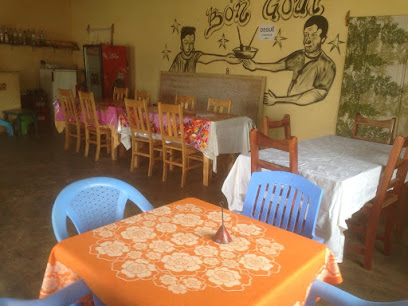
Maman LA FONTAINE
Experience the vibrant atmosphere and local culture at Maman LA FONTAINE, a charming bar in Kpalime, perfect for relaxation and socializing.
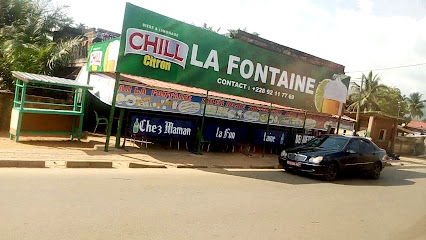
Bar Restaurant SANS TRACE
Experience the vibrant flavors and warm hospitality of Kpalimé at Bar Restaurant SANS TRACE, your go-to spot for delicious food and drinks.
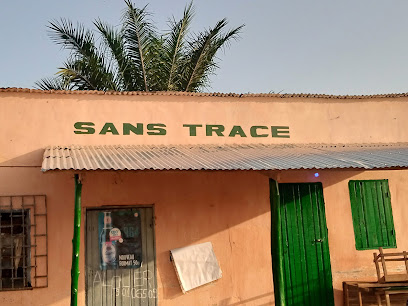
Bar Fafali
Experience the vibrant culture and welcoming atmosphere at Bar Fafali, the perfect spot for relaxation in Kpalime.
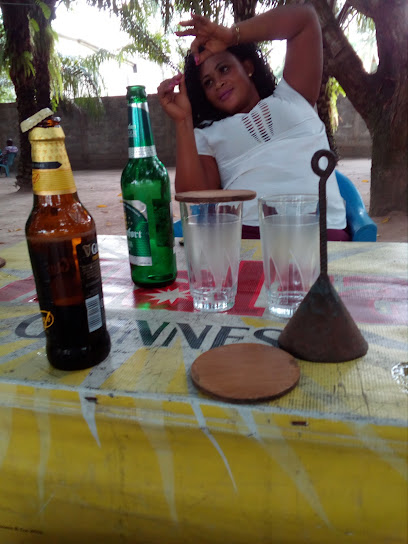
One Love
Discover the vibrant spirit of Kpalime at One Love Bar, where local culture and a lively atmosphere meet for an unforgettable experience.
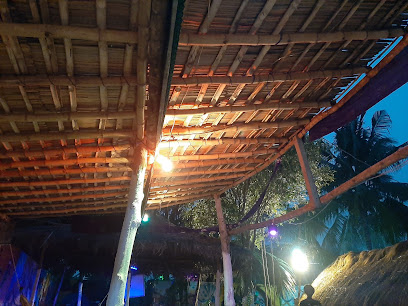
BAR 3e mi-temps
Discover the lively atmosphere of BAR 3e mi-temps in Kpalimé, a perfect blend of local culture and refreshing drinks.
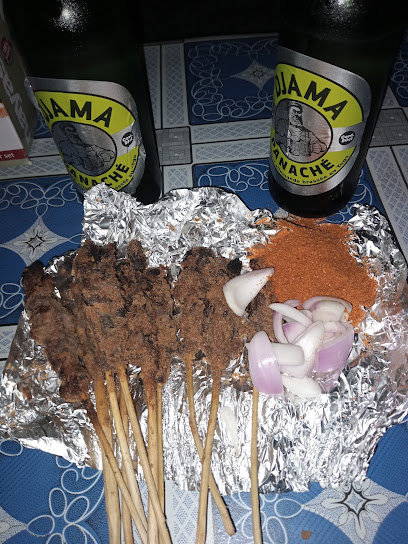
CAFETARIA MANASE
Experience the rich flavors of Kpalimé at Cafeteria Manase, a local favorite known for its delicious grilled dishes and vibrant atmosphere.
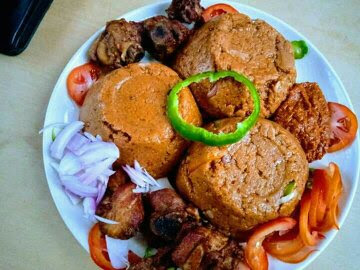
CAFE RESTO REMEMBER
Discover the flavors of Togo at Café Resto Remember, a charming bar in Kpalime offering delicious local and international dishes in a cozy setting.
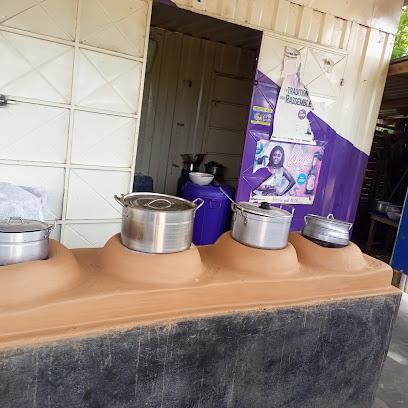
Travel experiences inspired by this city
Explore more travel diariesLocal Phrases
-
- HelloAkpe
[ah-kpeh] - GoodbyeAde
[ah-deh] - YesEe
[ee] - NoAyi
[ah-yee] - Please/You're welcomeAkpe
[ah-kpeh] - Thank youAkpe
[ah-kpeh] - Excuse me/SorryKoku
[koh-koo] - How are you?Woagbe
[woh-ah-beh] - Fine. And you?Ela. Eye?
[eh-lah. eye] - Do you speak English?Ewe ko English?
[eh-weh koh english] - I don't understandMi nye deka
[mee nye deh-kah]
- HelloAkpe
-
- I'd like to see the menu, pleaseMenyuwo alo, medekuku
[mehn-yoo-woh ah-loh, meh-deh-koo-koo] - I don't eat meatMi nye etɔ
[mee nye eh-tɔ] - Cheers!Bokonu
[boh-koh-noo] - I would like to pay, pleaseMewo alo, medekuku
[meh-woh ah-loh, meh-deh-koo-koo]
- I'd like to see the menu, pleaseMenyuwo alo, medekuku
-
- Help!Ewoe!
[eh-woh-eh] - Go away!Mia le!
[mee-ah leh] - Call the Police!Yra ɖe Polis!
[yrah deh poh-lees] - Call a doctor!Yra ɖe medeza!
[yrah deh meh-deh-zah] - I'm lostMi nya ɖe dɔ
[mee nyah deh doh] - I'm illMi nye alo
[mee nye ah-loh]
- Help!Ewoe!
-
- I'd like to buy...Menye alo...
[meh-nyeh ah-loh...] - I'm just lookingMi nye alo
[mee nye ah-loh] - How much is it?Ame dzɔgɔ?
[ah-meh dzo-go] - That's too expensiveTso ɖe alo
[tsoh deh ah-loh] - Can you lower the price?Wɔ alo ɖe dɔtsɔ?
[woh ah-loh deh doh-tsoh]
- I'd like to buy...Menye alo...
-
- What time is it?Dze ŋutɔwo dze?
[dze n-goo-tɔh-woh dze] - It's one o'clockŊutɔwo dze kple dɔ
[n-goo-tɔh-woh dze kpleh doh] - Half past (10)Dɔkpɔdzɔ (10)
[doh-kpoh-dzoh (10)] - MorningŊutsɔ
[n-goo-tsoh] - AfternoonƉatɔ
[dah-tɔh] - EveningAɖa
[ah-dah] - YesterdayAnyigblɔ
[ahn-yee-gbloh] - TodayDzi
[dzee] - TomorrowƉaɖa
[dah-dah] - 1Yɔ
[yɔ] - 2Eva
[eh-vah] - 3Eta
[eh-tah] - 4Ene
[eh-neh] - 5Evi
[eh-vee] - 6Aɖa
[ah-dah] - 7Ame
[ah-meh] - 8Aɖe
[ah-deh] - 9Ku
[koo] - 10Kpedze
[kpeh-dze]
- What time is it?Dze ŋutɔwo dze?
-
- Where's a/the...?Ɖe...nuwo?
[deh...noo-woh] - What's the address?Ame dzɔdzɔ ɖe?
[ah-meh dzo-dzoh deh] - Can you show me (on the map)?Wɔ ɖe enye me (wo mapa)?
[woh deh en-yeh meh (woh mah-pah)] - When's the next (bus)?Ɖe...ɖe....dzɔ dzɔ?
[deh...deh....dzo dzo] - A ticket (to ....)Tike... (wo ....)
[tee-keh... (woh ....)]
- Where's a/the...?Ɖe...nuwo?
History of Kpalimé
-
Kpalimé, originally a small settlement, gained prominence during the German colonial period in the late 19th and early 20th centuries. German colonizers established the town as an administrative and trading center, building infrastructure such as roads and schools. The remnants of German architecture, including the Kpalimé Cathedral, still stand today as a testament to this period.
-
After World War I, Togo was placed under French control as a League of Nations mandate. Kpalimé continued to develop under French administration, with further expansion of infrastructure and education. The French influence is still evident in the bilingual nature of the region, where both French and Ewe are widely spoken.
-
Kpalimé played a role in Togo's struggle for independence from colonial rule. The town was a hotbed of political activity, with local leaders advocating for self-governance. Togo achieved independence in 1960, and Kpalimé celebrated along with the rest of the nation, marking a new chapter in its history.
-
Throughout the 20th century, Kpalimé became known for its vibrant markets and skilled artisans. The town is renowned for its crafts, including woodcarving, pottery, and weaving. The Kpalimé Artisans' Center serves as a hub for local artists to showcase and sell their work, attracting tourists from around the world.
-
Kpalimé is rich in cultural traditions, with several festivals celebrated throughout the year. One of the most significant is the Yam Festival, which marks the end of the rainy season and the beginning of the harvest. The festival includes traditional music, dance, and rituals, reflecting the town's deep-rooted cultural heritage.
-
Nestled at the foot of the Togo Mountains, Kpalimé is surrounded by lush forests and picturesque landscapes. The region is known for its biodiversity, with numerous hiking trails leading to stunning waterfalls and panoramic views. Mount Agou, the highest point in Togo, is a popular destination for both locals and tourists seeking adventure and natural beauty.
Kpalimé Essentials
-
Kpalimé is located in the Plateaux Region of Togo, approximately 120 kilometers northwest of the capital city, Lomé. The nearest international airport is Lomé-Tokoin Airport. From Lomé, you can take a bus, private car, or taxi to Kpalimé. The journey typically takes around 2 to 3 hours by road. Public buses and shared taxis operate regularly between Lomé and Kpalimé, providing a cost-effective travel option.
-
Kpalimé is a relatively small town, and many attractions are within walking distance. For longer trips, local motorcycle taxis (known as 'zemidjans') are a popular mode of transportation. These are inexpensive and convenient but always negotiate the fare before the ride. Car rentals are also available for those who prefer more comfort and flexibility. Public buses and minibuses connect Kpalimé to nearby villages and towns.
-
The official currency in Togo is the West African CFA franc (XOF). Credit cards are accepted in some hotels, restaurants, and shops in Kpalimé, but it is advisable to carry cash, especially for smaller establishments and street vendors. ATMs are available in Kpalimé, but it is wise to withdraw sufficient cash in Lomé before traveling to ensure you have enough funds.
-
Kpalimé is generally a safe destination for tourists. However, like any travel destination, it is advisable to take standard precautions. Avoid walking alone at night in unfamiliar areas and keep an eye on your belongings in crowded places. While Kpalimé does not have specific high-crime areas targeting tourists, it is always best to stay vigilant and aware of your surroundings.
-
In case of emergency, dial 117 for police assistance and 118 for medical emergencies. The local police station and medical facilities are available in Kpalimé. It is recommended to have travel insurance that covers medical emergencies. For minor health issues, there are pharmacies in the town where you can purchase over-the-counter medications.
-
Fashion: Do dress modestly, especially when visiting religious sites. Avoid wearing revealing clothing. Religion: Do respect local customs and traditions. Always cover your head when entering religious sites. Public Transport: Do be respectful and courteous to other passengers. Don't eat or drink on public transport. Greetings: Do greet people with a handshake. A smile and polite greeting in French ('Bonjour') are appreciated. Eating & Drinking: Do try local delicacies and accept food offerings graciously. Don't refuse hospitality, as it is considered impolite.
-
To experience Kpalimé like a local, visit the local markets where you can buy fresh produce, handicrafts, and traditional Togolese goods. Engage with locals, as they are often friendly and willing to share stories about the town's history and culture. Don't miss visiting the nearby Mount Agou, the highest point in Togo, for stunning views and hiking opportunities. Also, explore the beautiful waterfalls in the surrounding region, such as the Cascade de Womé and Cascade de Kpimé.
Nearby Cities to Kpalimé
-
Things To Do in Ho
-
Things To Do in Notse
-
Things To Do in Atakpamé
-
Things To Do in Lomé
-
Things To Do in Lokossa
-
Things To Do in Aneho
-
Things To Do in Koforidua
-
Things To Do in Ouidah
-
Things To Do in Accra
-
Things To Do in Cotonou
-
Things To Do in Porto-Novo
-
Things To Do in Kumasi
-
Things To Do in Cape Coast
-
Things To Do in Abeokuta
-
Things To Do in Lagos












